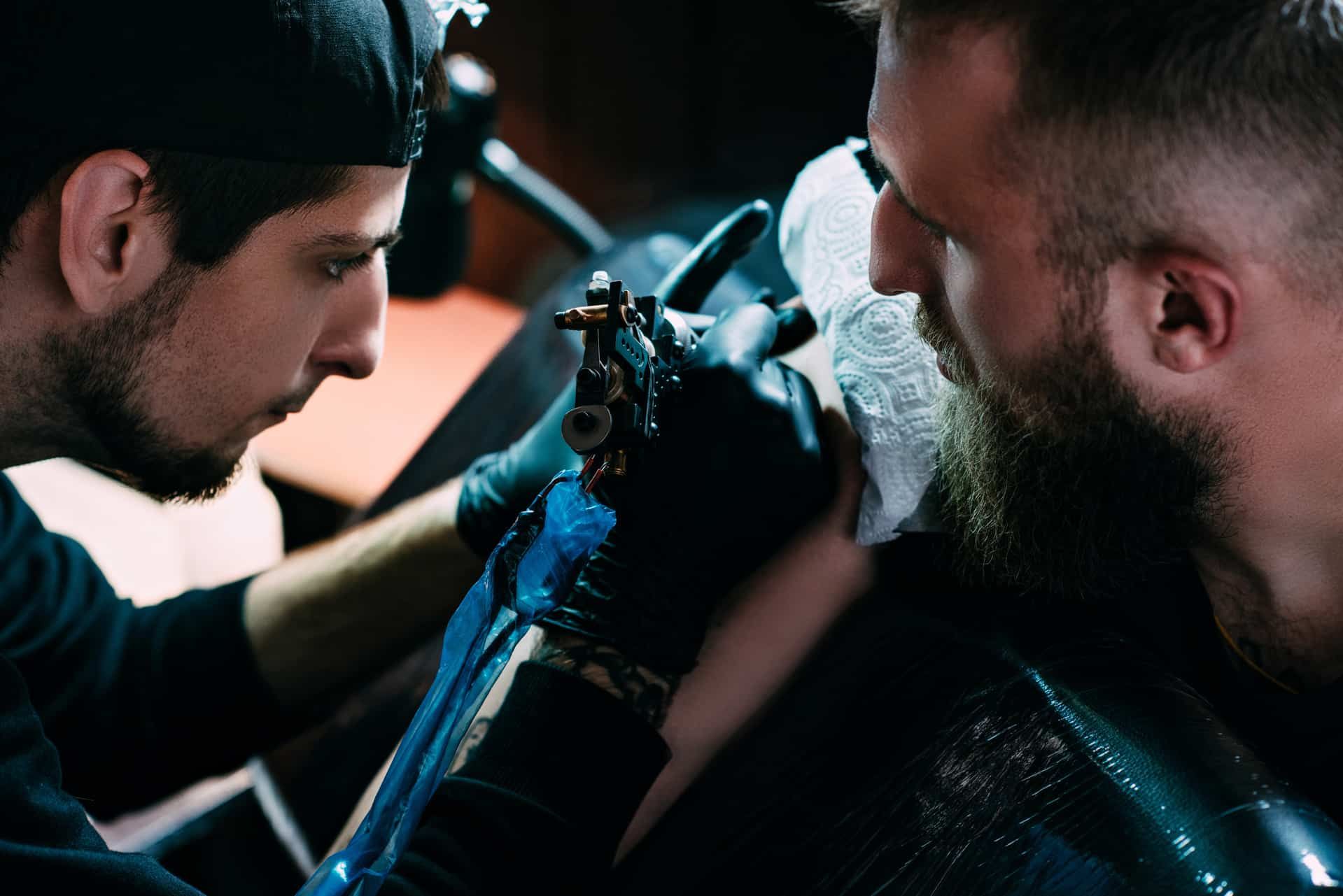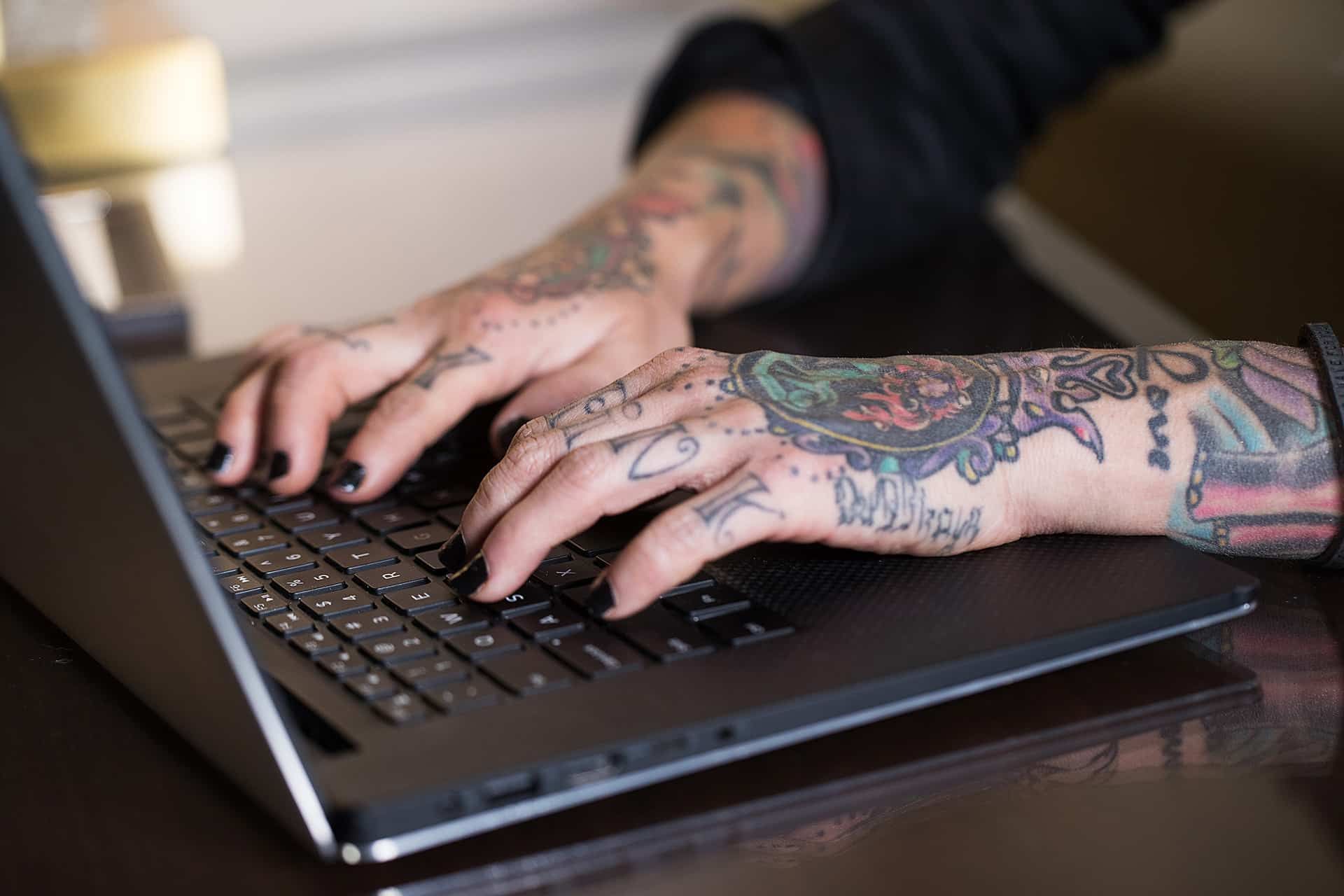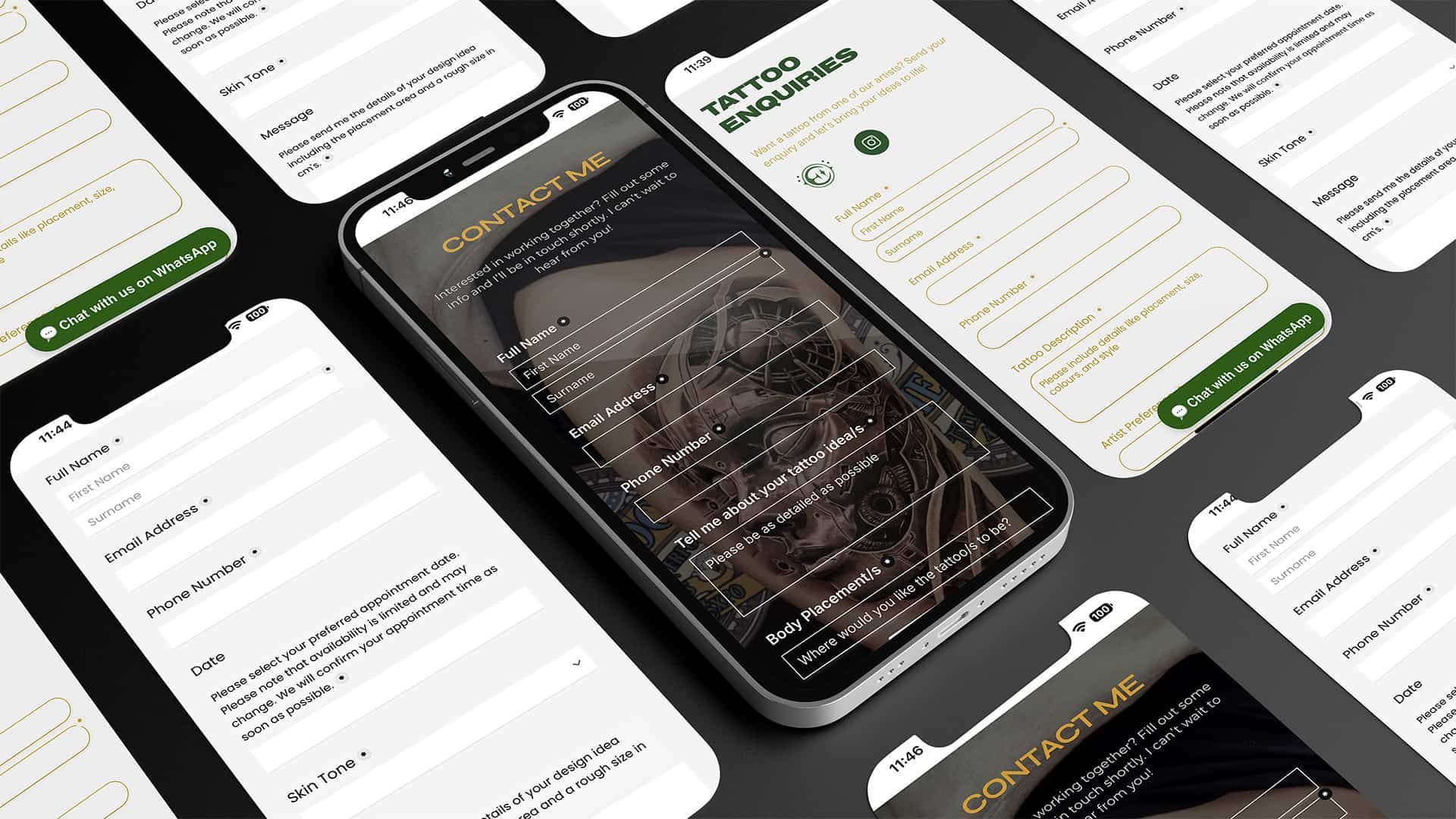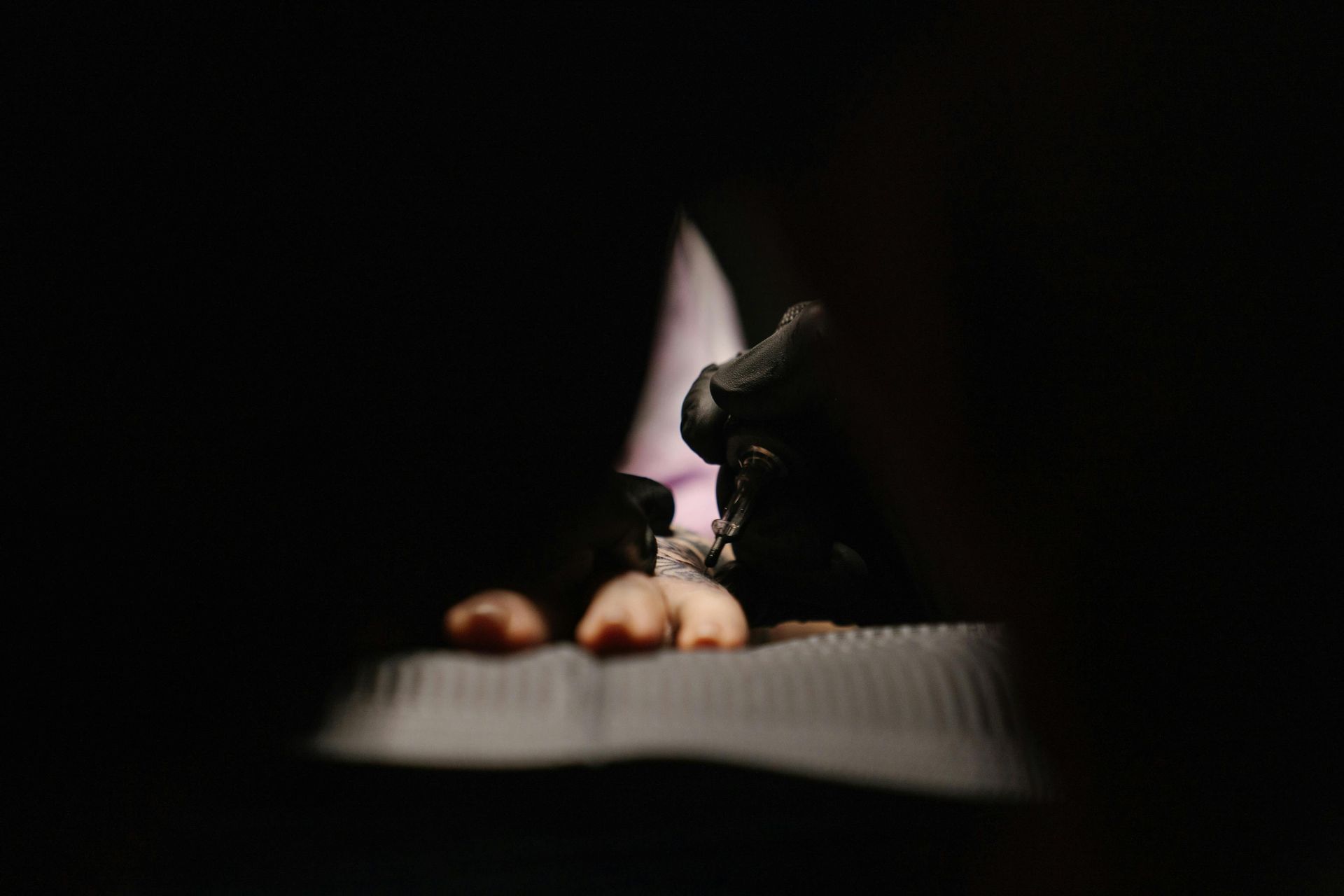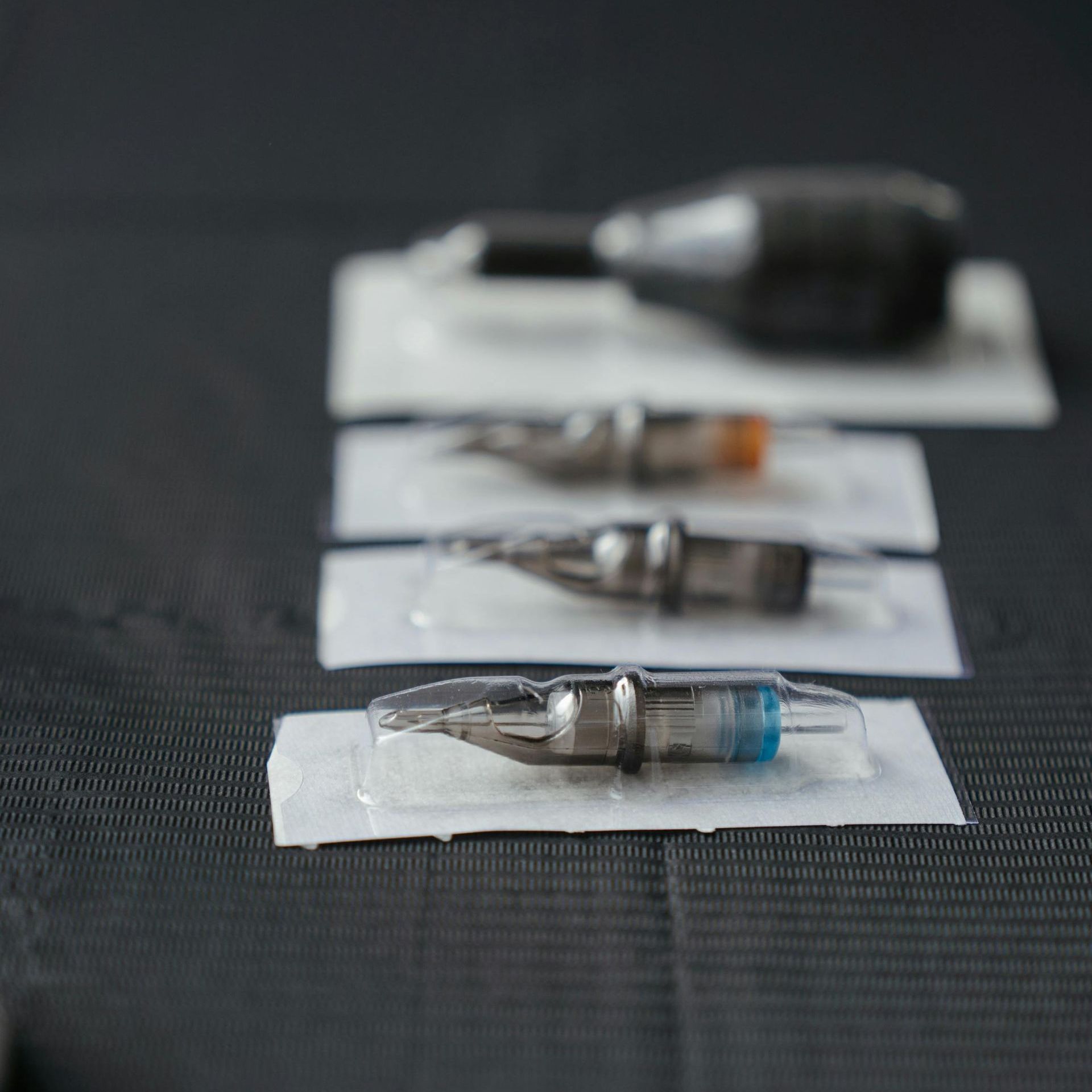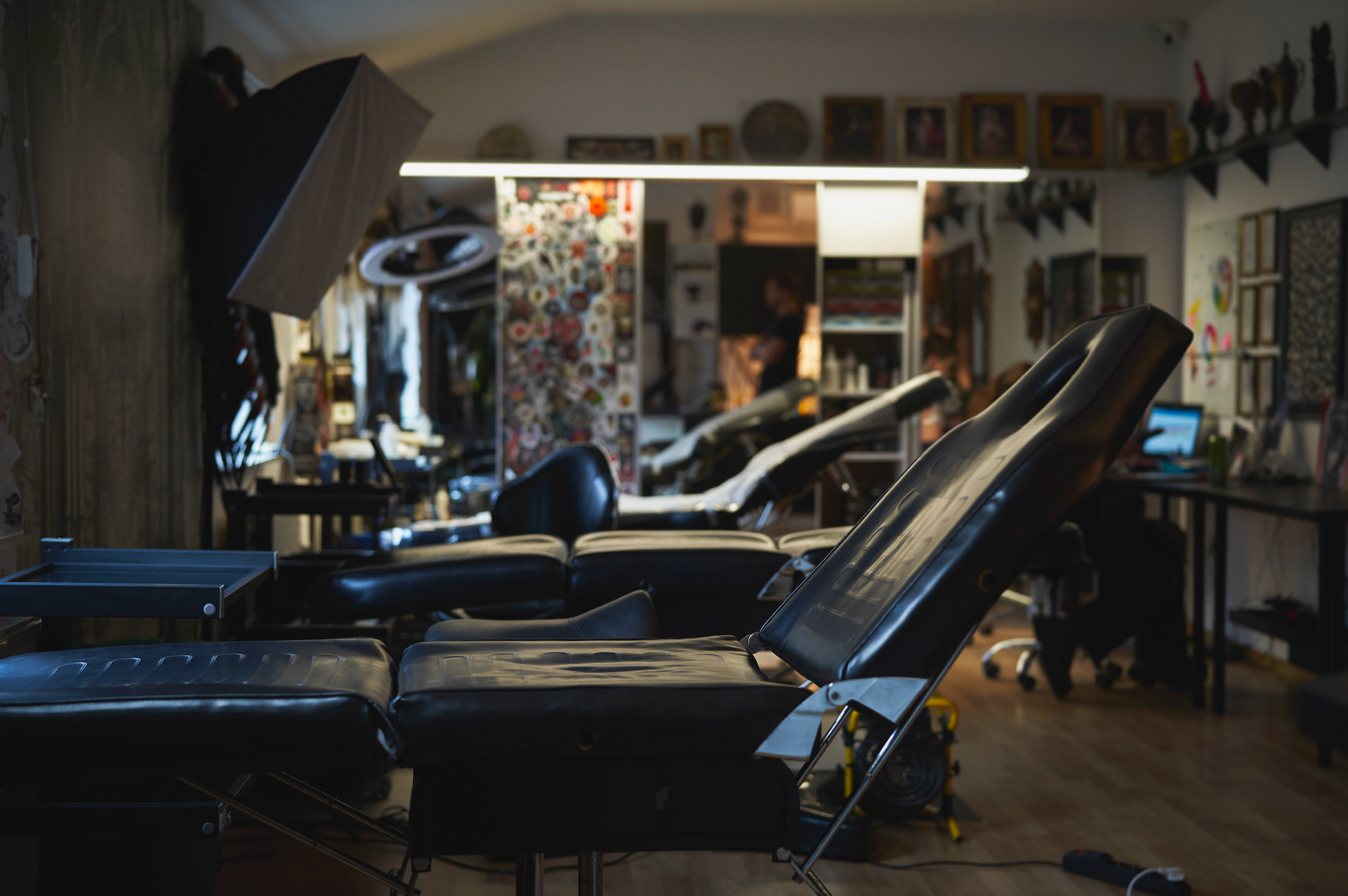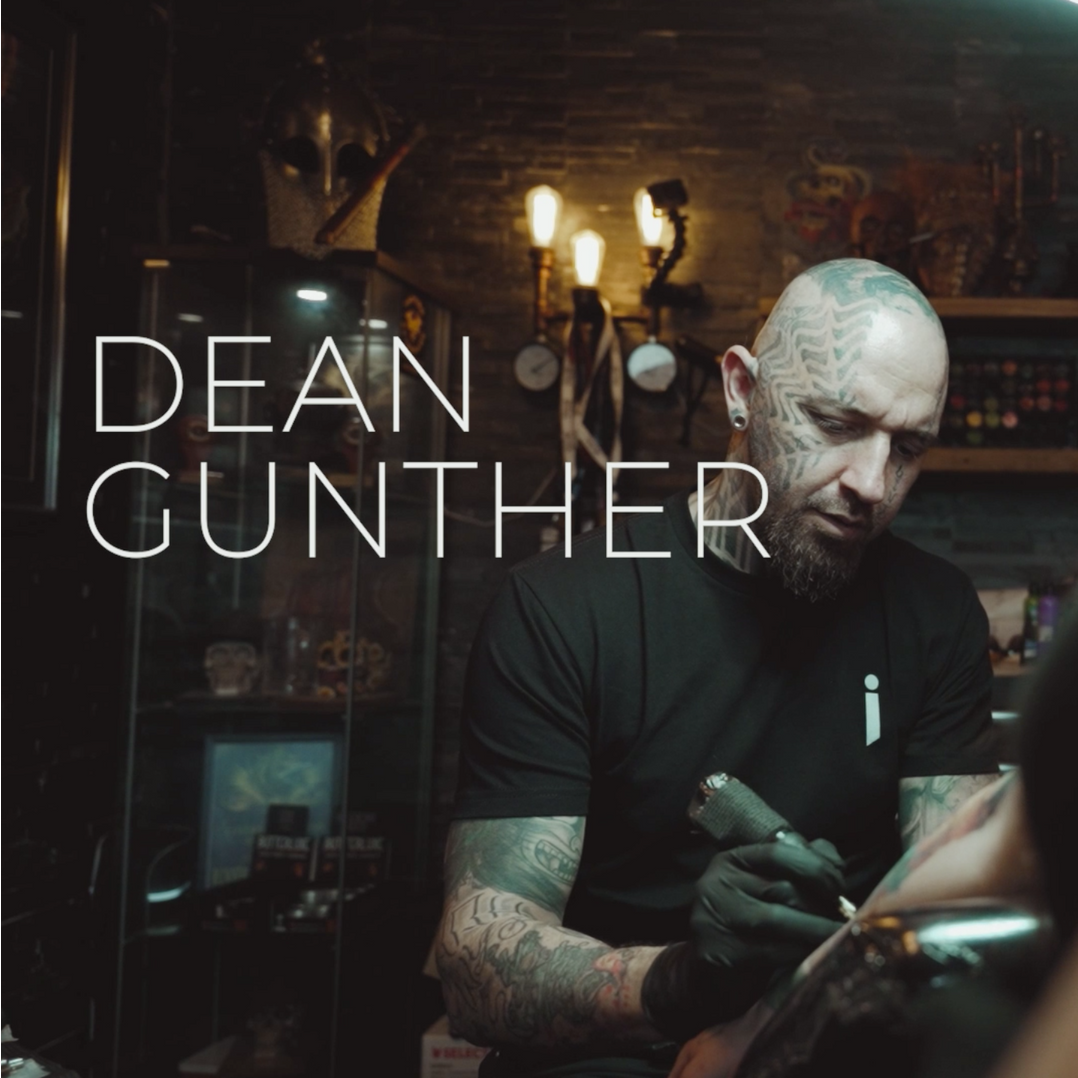Why Speed Is Key When Responding to Enquiries
Imagine this: a potential client stumbles upon your stunning tattoo portfolio online. They're intrigued, excited, and ready to book an appointment with you. They fire off an enquiry, buzzing with enthusiasm. But then...crickets. Hours turn to days, and their initial spark dwindles. By the time you finally respond, they've moved on, leaving you wondering "what if?".
As a tattoo artist or studio owner, response time isn't just about courtesy, it's about capturing leads and maximising bookings. Let's dive into the data and explore why speed is potentially the biggest determining factor of your campaign's success.
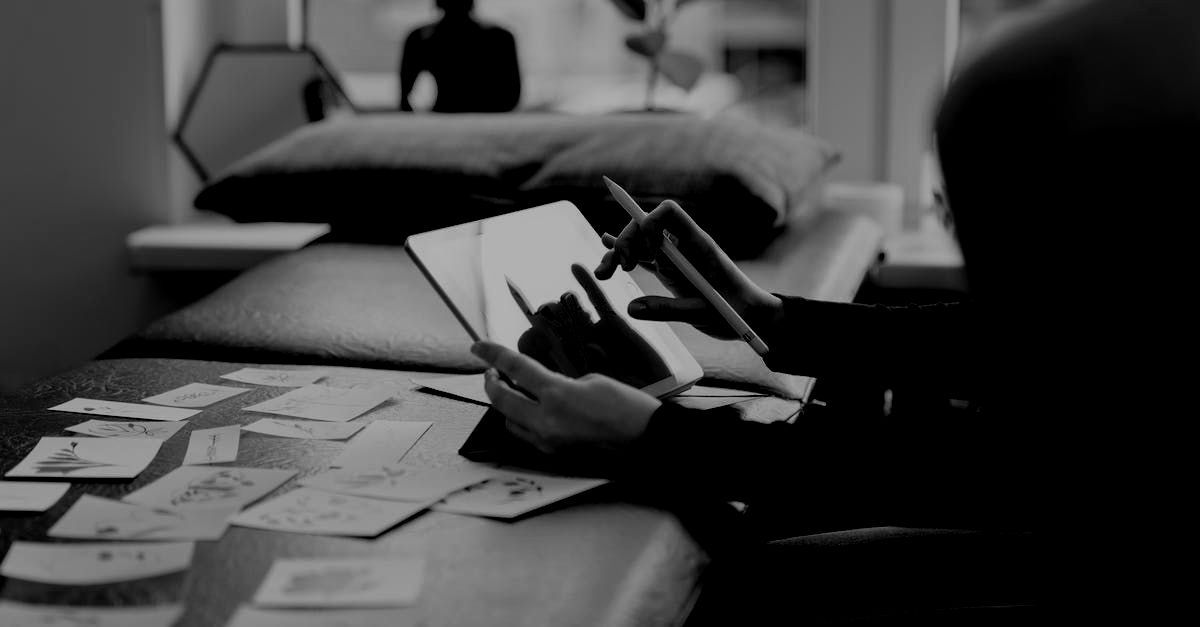
The Stats Speak Loudly:
Fast Responders Win up to 50% of Sales and Bookings.
There are some races that the "slow and steady" approach will not win. This is one of them. The first businesses to respond to leads win 35-50% of sales. According to both Vendasta and Ricochet360, this number might actually as high as 78%. This means slow responses can literally cost you clients.
- Harvard Business Review reports that the odds of lead qualification drop by 4 times if you wait 24 hours to respond. Every hour counts.
- Forbes reveals that the average lead response time is 47 hours. This gives your competitors nearly two days to establish a strong client relationship or for your leads to lose interest or change their minds. Also, Forbes states that only 27% of leads are contacted at all. By reducing lead response time, you can create a competitive advantage by connecting with high-intent clients when they are most likely to book an appointment.
Beyond the Numbers:
Understanding the Psychology of Speed:
It's not just about beating the competition (crude word in tattooing, I know), it's about respecting your potential client's time and enthusiasm and striking while the iron's hot. When someone reaches out, they're actively interested, ready to engage and their intent and enthusiasm is at its highest. A quick response shows you value their enquiry, you are genuinely interested in their project and more to the point, it will increase your chances of booking them in with you.
The longer you wait, the higher the risk of:
Losing interest: Their excitement fades, they find another artist, or their project evolves.
Negative perception: They might perceive your business as slow or unresponsive, damaging your reputation.
Missed opportunities: They might have questions or specific needs you could address, potentially leading to a larger project or referrals.
How To Making Speed Your Competitive Advantage:
So, how can you ensure lightning-fast response times? Here are some tips:
Set notifications: Set up alerts for new enquiries on your website, email, and social media.
Prioritise responses: Dedicate time each day to answering enquiries, even if it's just a quick acknowledgment.
Utilise communication tools: Explore tools like autoresponders or chatbots to provide immediate replies.
Delegate where possible: If you own a studio, hire a manager or a receptionist to jump straight on enquiries as soon as they come in. If you're a resident artist at a studio, speak to the studio owner or manager about outsourcing this onto a member of staff.
Remember: Speed isn't just about being first; it's about building trust, nurturing engagement, showing enthusiasm towards a clients tattoo idea that might mean the world to them and ultimately, turning enquiries into loyal clients. By prioritising speed, you will inevitably increase your conversion rates without spending a penny extra.
Bonus Tip: Track your response times and conversion rates to see the impact of your efforts and identify areas for improvement.
If you got value from this blog, please consider sharing it with fellow artists. I know we're the tattoo industry's best kept secret and all of that.. but seriously, we're here to serve the tattoo industry by helping artists and studios grow their client-bases and we'll be able to help more people, quicker, if they know we're here.
Don't forget to join our mailing list today for free today to receive exclusive offers, free tips and tricks straight to your inbox.
Schedule a 1-to-1 digital marketing consultation with me (Max) by clicking the link below:
https://meetings-eu1.hubspot.com/max-wheatcroft

The way people search for information is evolving. While traditional Google searches remain vital, the rise of Artificial Intelligence (AI) tools like ChatGPT, Google's Gemini, and Microsoft's Copilot is ushering in a new era of "conversational search." Potential clients are no longer just typing keywords; they're asking questions like, "Who's the best colour-realism tattoo artist near me?" or "Suggest a highly-rated tattoo studio in London that does fine line work" and our clients' are at the forefront.
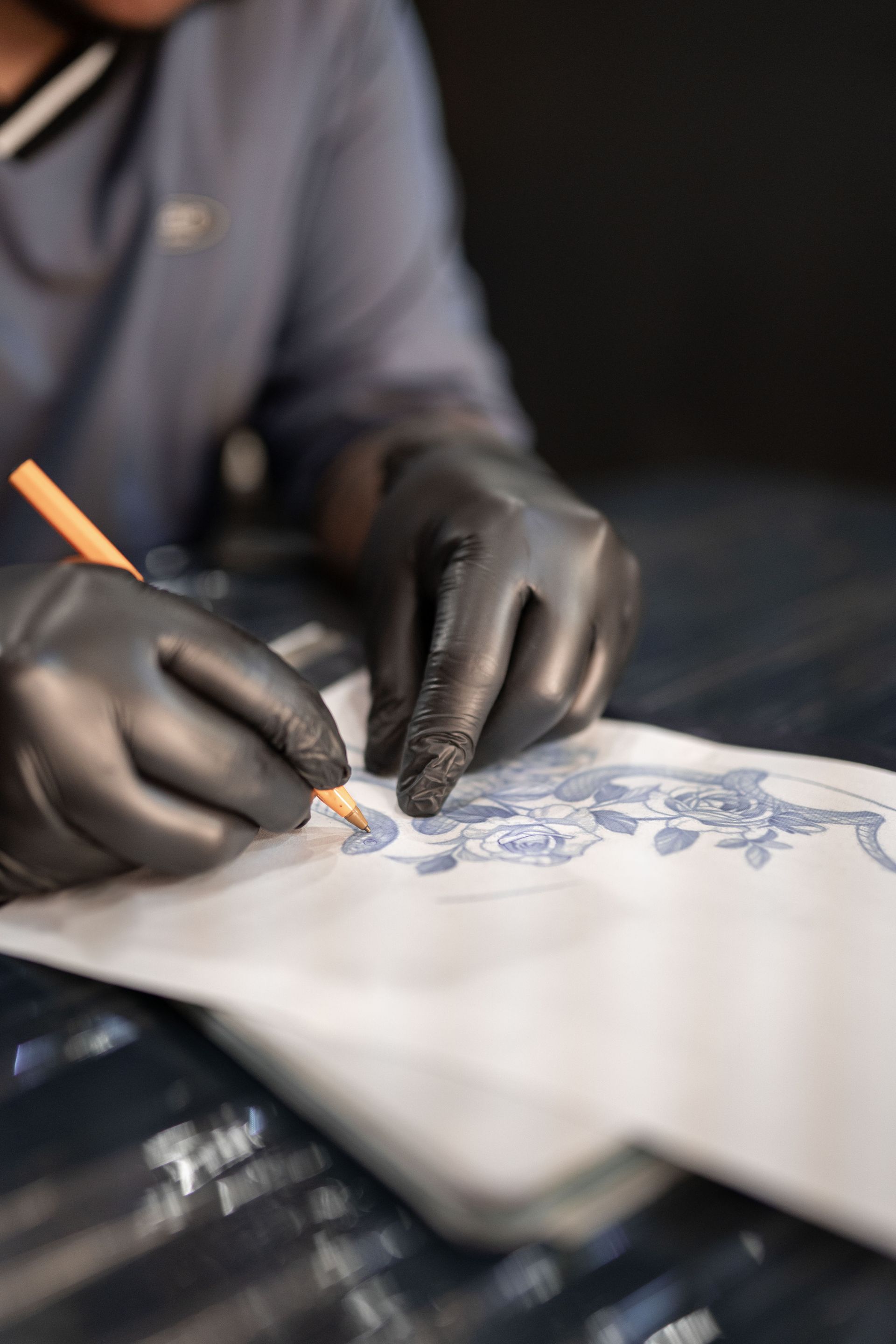
In tattooing, capturing the attention of potential clients is just the first step. The real magic happens when you convert that interest into a booked appointment. As the tattoo industry's leading digital marketing agency, Ink Marketing understands the nuances of this process intimately. That's why we're diving deep into a crucial debate for tattoo studios and artists: Meta Lead Forms versus dedicated Landing Pages – which strategy truly delivers superior lead conversion for appointment setting?
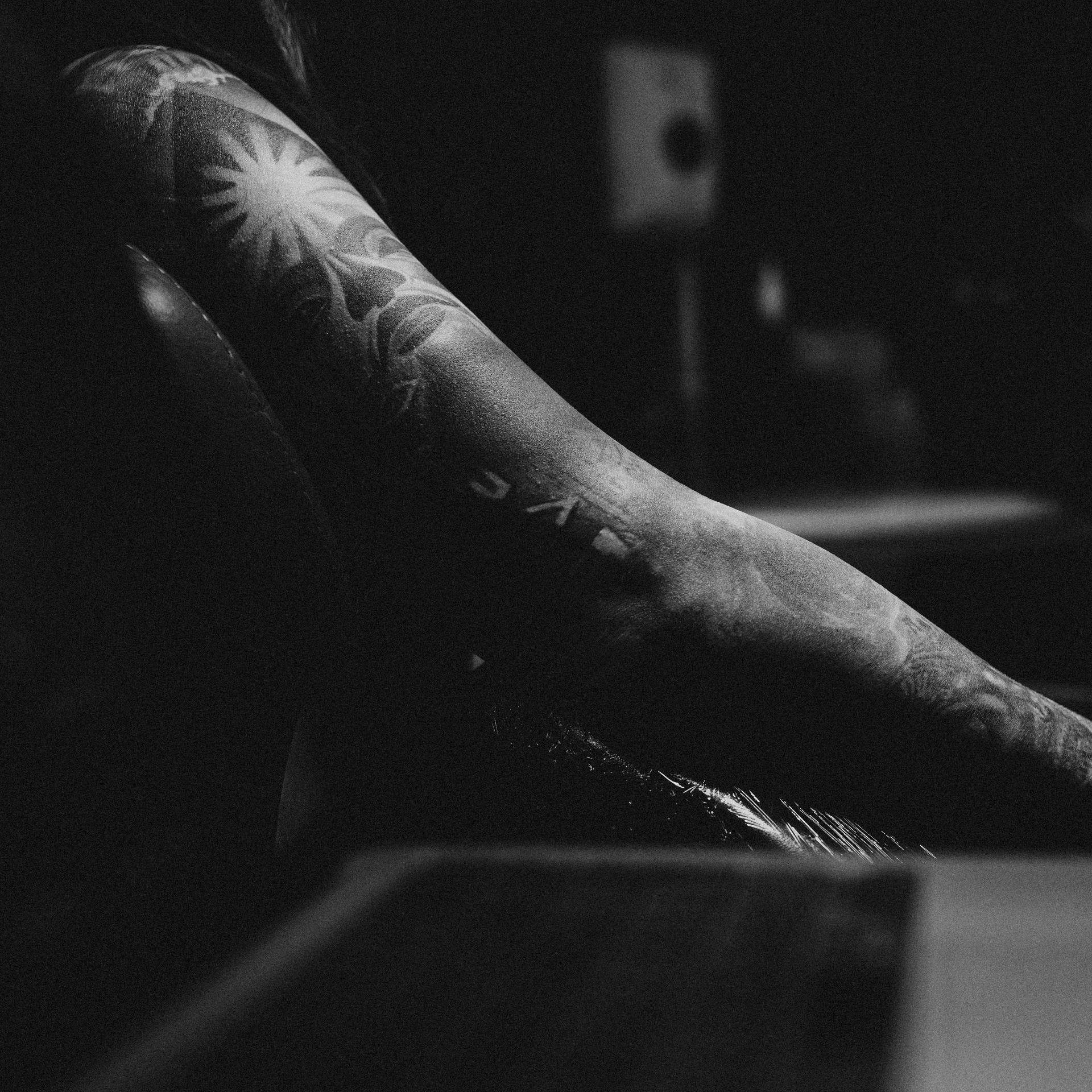
As the tattoo industry continues to grow, it’s crucial to leverage advanced digital marketing strategies to stay ahead. One of the most effective methods is using Meta Ads to create Lookalike Audiences. This allows you to reach potential clients who share similar characteristics with your best existing customers. In this blog, we’ll walk you through creating a Lookalike Audience campaign, adhering to Meta Ads best practices to ensure optimal results.
